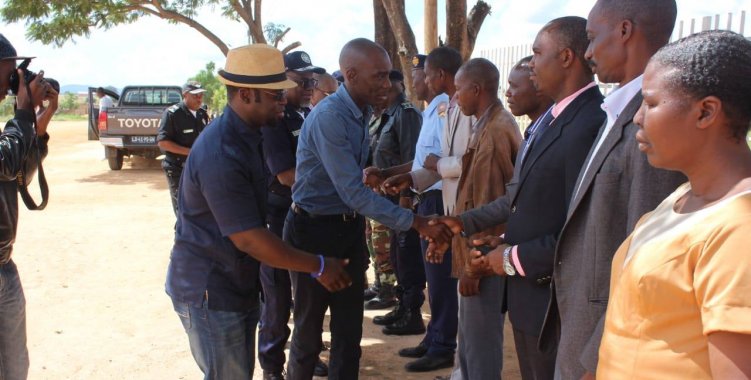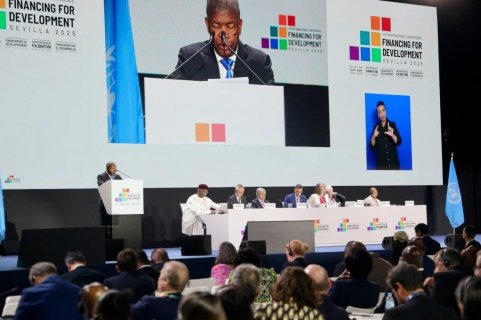Nuno Mahapi Dala, quoted by Angop, went to Gambos to check the situation of the municipality, which has not registered rain for seven months, and even has drought-resistant crops dying.
According to the governor, who held a meeting with the Local Auscultation Council, contributions were collected to fine-tune the intervention methodologies, with a view to finding a solution to various problems identified in various areas, starting with the survey of the most affected areas.
The situation is "serious", said Nuno Mahapi Dala, stressing that the inhabitants are being forced to sell cattle at low prices, due to the lack of pasture and as a way to obtain some money for their basic needs.
Father Pio Wakussanga, representing the community, informed that there are already many people suffering from anemia, children, women and men, in addition to a large number of families who have already left the municipality on foot, to seek sustenance in other areas of the province and in the Republic of Namibia.
The prelate called for urgent intervention by the authorities to prevent deaths.
A February report from the World Food Program (WFP) stated that in comparison to the rains observed since 1981, the provinces of southwest Angola experienced the worst drought in the last 40 years, from November 2020 to January this year.
The rainy season in the affected provinces usually ends in the first week of May, the survey noted, with only about a month to go before the rainy season ends.
"If rainfall scarcity prevails, there will be low harvests from the first crop and there will be few opportunities for second crop sowing due to lack of residual moisture in the soil. Depending on the severity of the drought, some regions may have a shortage of water for human consumption, as as it happened in 2019 ", he warned.
The United Nations organization recommended continuous monitoring of precipitation, in order to identify the most critical provinces and municipalities "for a thorough assessment of post-harvest food and nutritional security, with the aim of measuring in detail the magnitude and severity of the impacts of the shortage of rain in food and nutrition security ".
"It is advisable that sectors and entities dealing with food security and nutrition now outline possible interventions to mitigate acute food insecurity and acute malnutrition for the period of scarcity, which will run from September 2021 to March 2022", advised the study .







